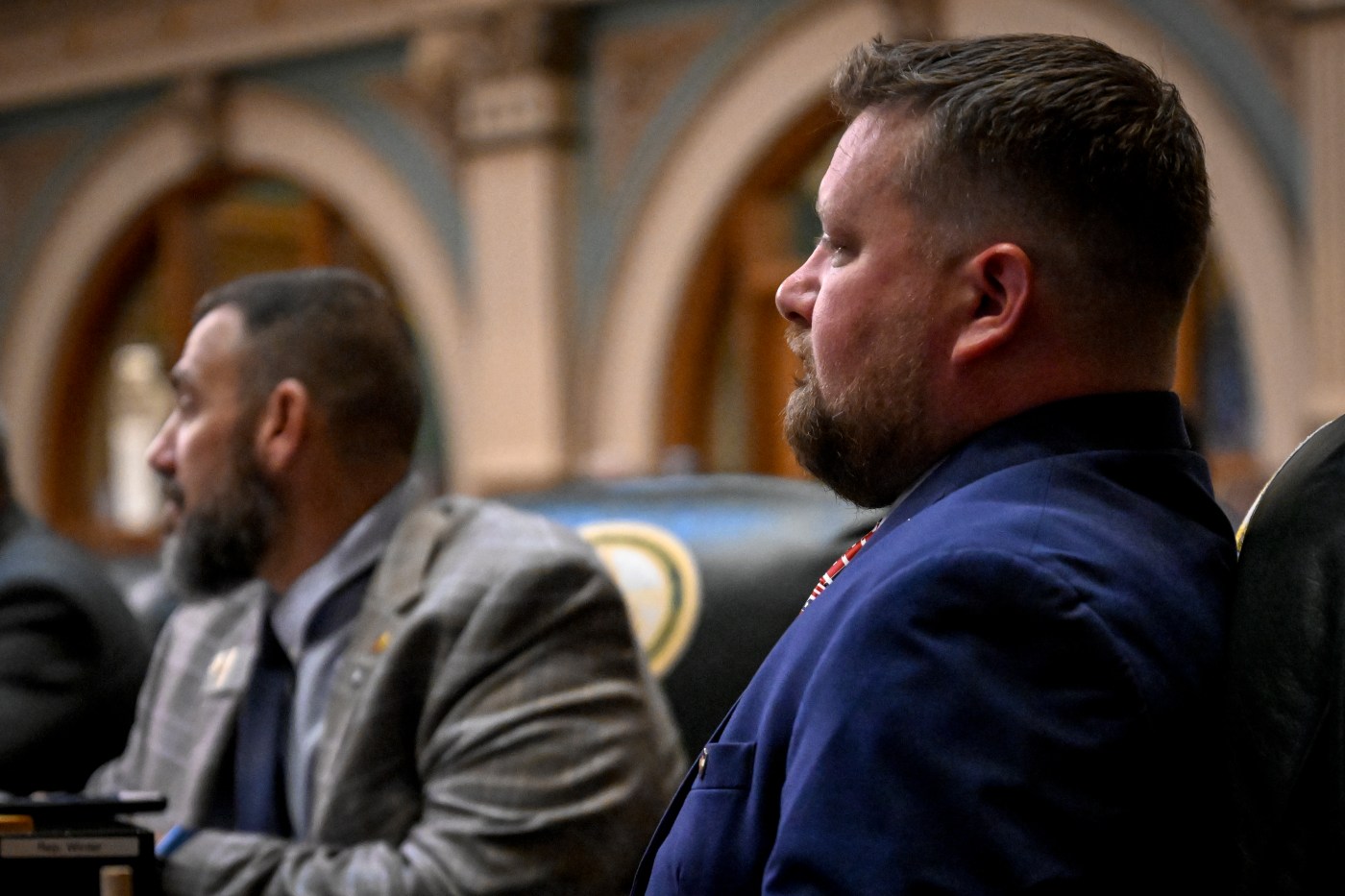
Do not despair about Rep. Ron Weinberg’s gross behavior, but rejoice that brave women came forward to share their experiences and quickly shut down his political advancement.
Do I know for certain that Heather Booth, an elected school board member from Elizabeth, and Jacqueline Anderson, the former vice chair of the Mesa County Republican Party are telling the truth in their letter recounting Weinberg’s inappropriate remarks? No, but if #MeToo taught us anything, it’s that the cost of speaking up in politics is high, and remaining silent is rewarded. These brave women appear to have no motive other than to do the right thing by coming forward. Also, others witnessed the remarks.
Weinberg has denied that he made sexual remarks to the women and has hired an attorney.
However, he also quickly stepped down from his bid for a leadership position for Colorado House Republicans. This is progress, even though House Minority Leader Rose Pugliese did not use her position of influence to pressure him to drop his bid.
The #MeToo movement hit Colorado’s state Capitol hard in 2017, culminating in the unprecedented ouster of one lawmaker – Rep. Steve Lebsock – who was accused of making unwanted sexual advances to interns and another lawmaker. However, few people remember that two other lawmakers faced a reckoning for their bad behavior and that one of them remained in office and served out his term as if nothing had happened. Rumors about the other lawmaker’s bad behavior swirled, but nothing else came to the surface.
At the time, I wrote a column describing working at the Capitol as a “gauntlet of sexual harassment:” unwanted advances, alcohol-fueled inappropriate remarks, and just plain old sexism. The worst part was the complete lack of accountability for elected officials. There was no human resources department to consider a complaint, and while accountable to the public, politicians seemed secure in their knowledge that no one would dare to speak out.
But that has changed.
The Colorado General Assembly now has a robust process for considering complaints. In the wake of the Lebsock saga, lawmakers created “workplace expectations” to give employers and employees at the Capitol standards. The House and Senate ethics committees have investigated everything from lawmakers driving drunk or appearing at events intoxicated to a senator’s mistreatment of her staff and subsequent creation of a fake letter of support.
There are holes in the safety net. The ethics committee doesn’t have purview over the complaints about Weinberg – the events happened before the man was elected to the Colorado House to represent District 51 in Larimer County.
Despite those holes, accountability continues to come for Colorado lawmakers who behave badly. Yes, voters always have elections to hold elected officials responsible for their choices, but voters can’t exercise that power if they aren’t informed. Formal investigations help empower people.
No one is circling the wagons to defend Weinberg, or sitting idly by hoping the allegations are forgotten.
The process is not perfect. Bad behavior will continue.
But women and men now know they don’t have to tolerate obscenity. The women who spoke up have their own power in this state, and I applaud them for using their positions to ensure other women don’t suffer the nonsense Weinberg spewed their way.
Megan Schrader is the opinion editor of The Denver Post.
Sign up for Sound Off to get a weekly roundup of our columns, editorials and more.
To send a letter to the editor about this article, submit online or check out our guidelines for how to submit by email or mail.
Updated July 9, 2025 at 11:14 a.m. Due to an editor’s error, this column was updated to reflect the fact that the House ethics policy does apply to journalists and lobbyists. The column was also updated to show that Pugliese did not pressure Weinberg to drop his bid for a leadership role.


